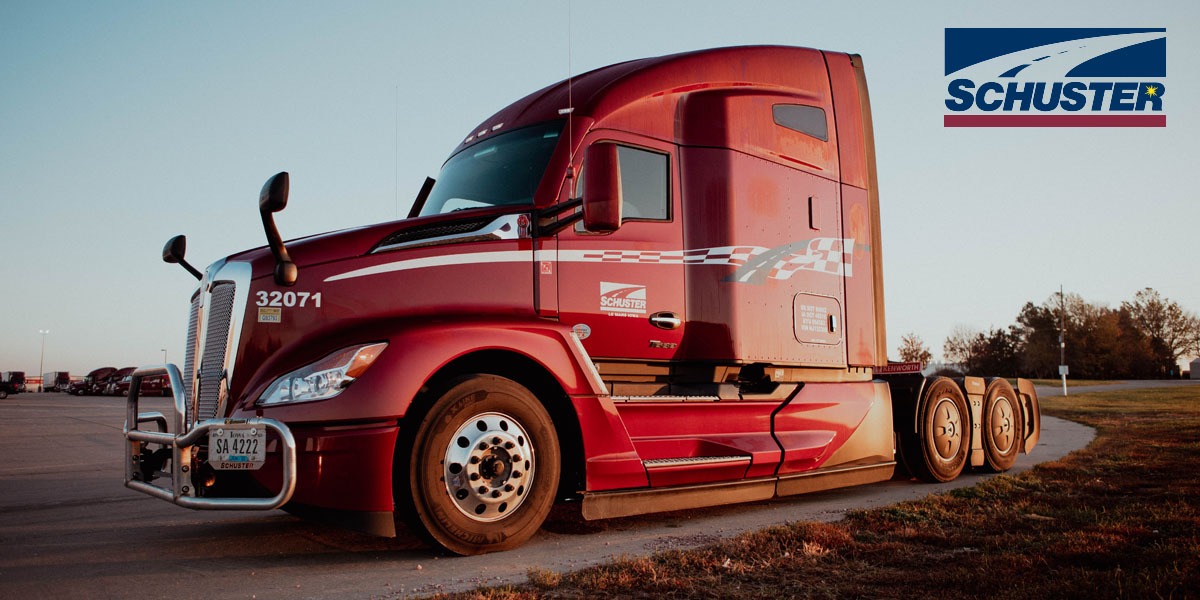Trucking in Tennessee is Like Music to Your Ears
From Nashville’s Grand Ole Opry to Elvis Presley’s home called Graceland, Tennessee knows exactly how to reel in tourists.3 There are also entertainment facilities, campgrounds, riding stables, and amusement parks that serve millions annually.
But these aren’t the only gems Tennessee has to offer. Trucking in the state is just as mesmerizing as the soulful sounds, and sensual sights tourists flock to see. It’s a place that truckers find entertaining, beautiful, and highly accessible via the roadways.
Economy
Until about 1940, Tennessee’s economy was predominantly agricultural. Top cash products were cotton, tobacco, and livestock. These products are still a foundation for truckers as they haul them through and across state lines. Since the mid-20th century, Tennessee’s economy has grown mainly in the service sector. However, manufacturing picks up the slack for trucker loads and is a significant contributor to Tennessee’s GDP.
Some major products manufactured in the state include:
- Computers
- Electronics
- Transportation equipment,
- Foods, beverages, and tobacco
- Chemicals, and
- Metal products
Access
Tennessee is bordered by eight states, granting a lot of access points, highways, and roadways. The network of interstate highways and urban beltways facilitates travel between and around major cities.10 There are approximately 203,850 lane miles of roadway in Tennessee.
Advocacy
Tennessee Trucking Association (TTA) encourages the healthy growth and betterment of the trucking industry statewide.
The association’s mission is “To serve motor carriers with excellence and integrity while advancing highway safety.”
A few association membership benefits include:
- Access to special events
- Representation for regulatory issues, and
- Money-saving programs
Work and Wages
Overall, truckers generate about $650 billion a year or about 5 percent of the American GDP.
There are more than 9 million American jobs in the trucking industry and about 15.5 million trucks operating on US roads and highways.
The BLS reports 2020 national pay estimates for Heavy and Tractor-Trailer Truck Drivers at $47,130 per year ($22.66 per hour).
Nationally, 2,029,900 drivers were employed in the occupation in 2019. Projections show an increase of 30,600 additional jobs from 2019 to 2029.
Safety
The Safety Management Council (SMC) was developed to promote methods and materials for improved safety in commercial motor vehicle transportation.
The Tennessee Trucking Association Safety Management Council consists of company safety and risk management personnel, industry vendors, and law enforcement officials.






